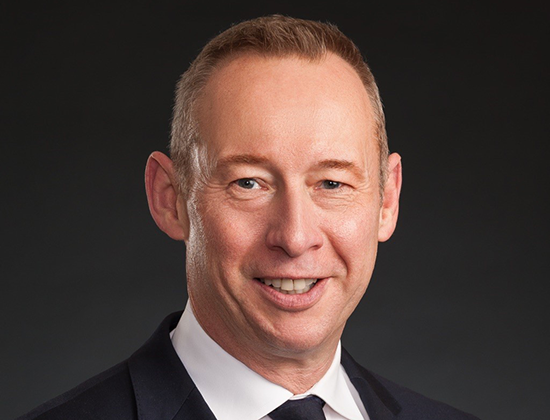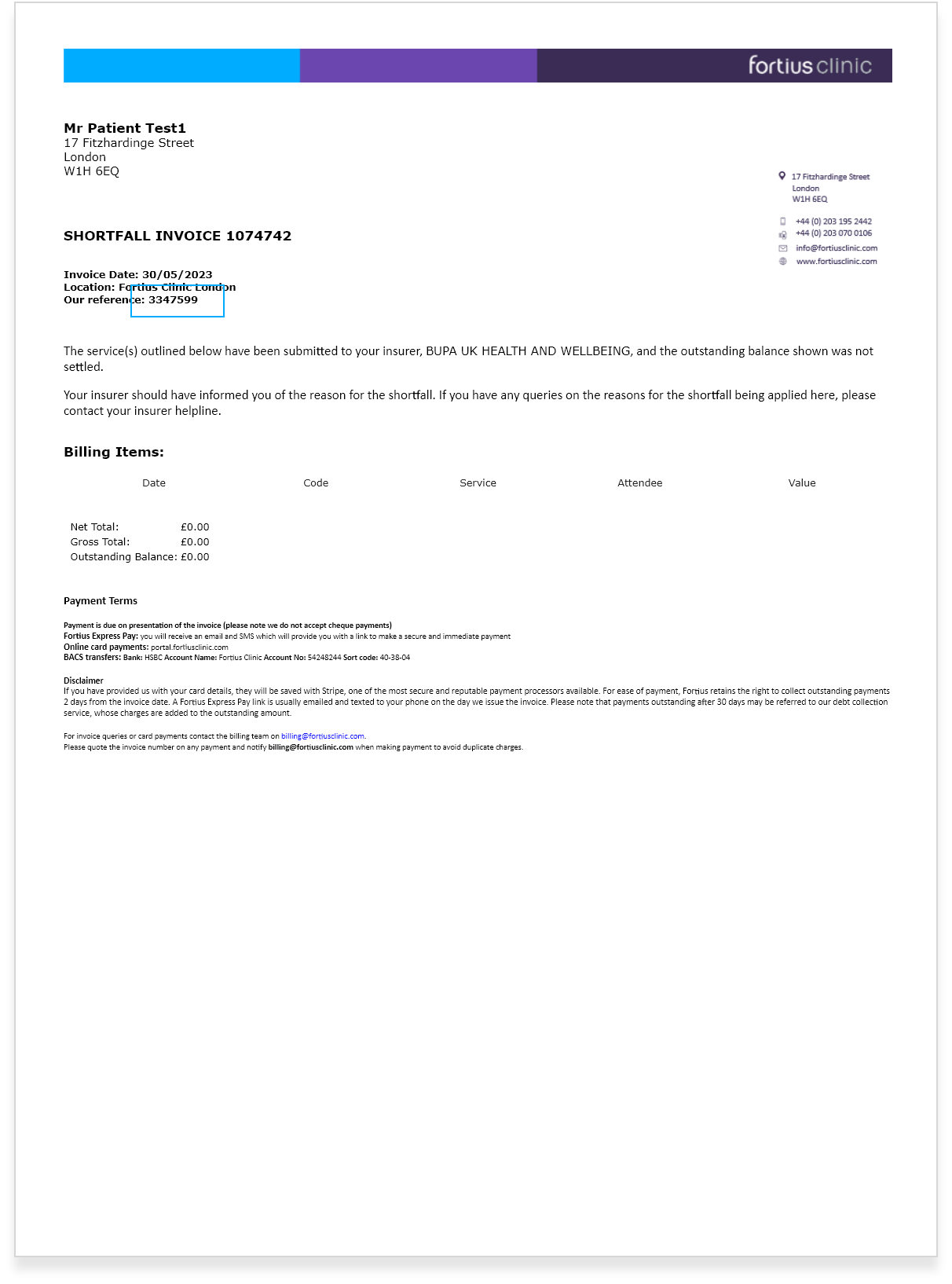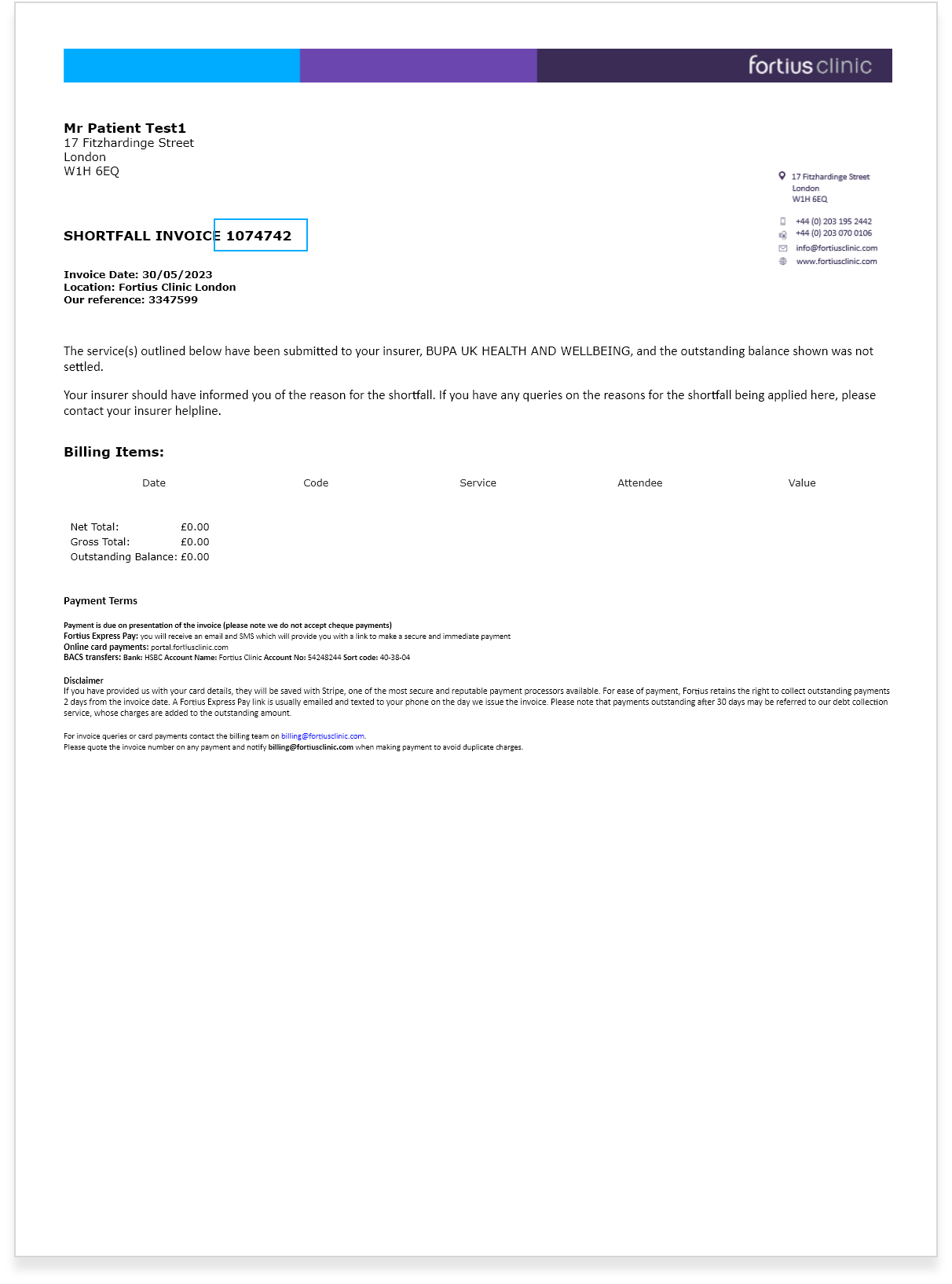Worse injuries, better treatment
17 September 2021
As an official partner of the Rugby Players Association (RPA), Fortius Clinic supports members through their professional careers and during transition into retirement from professional sport.
Fortius Clinic Consultant Knee Surgeon Mr Andy Williams treats players from most of the Premiership Rugby clubs and the national teams. He also takes part in research to improve outcomes and return players to the pitch safely. Andy shares his thoughts on how sport, injuries and treatment have changed over the years.
For over two decades specialists from Fortius have provided services to professional and amateur rugby. During this period both the nature of sport and medicine have evolved enormously.
Many of us will remember Team GB winning a single bronze medal in the Montreal Olympics, nowadays we expect to get close to the top of the medals table. Sport has become increasingly competitive and is certainly taken much more seriously compared to when I grew up in the sixties and seventies. Our children are taught to play hard and train intensively. There is no doubt that the quality of the rugby that my sons played was far higher than I ever achieved, but there are consequences.
Although the quality of the sport and competition is ever improving, this comes with the downside of increased injuries. My experience with professional rugby is that not only are the number of rugby related knee injuries increasing but so is their severity. Thankfully the quality of assessment of injuries through examination skills, improved radiological techniques, such as MRI, and quality of treatment, including surgical techniques, has improved enormously. The outcomes, despite the increased challenge, are often better than they were with less severe injuries previously.
Within the medical fraternity, doctors who look after athletes are often criticized as there is still a perception that athletes have self-induced injuries and therefore treating them is perhaps less worthy than treating the non-sporting population. I strongly argue against this however! Due to the pressures of modern sport, doctors are challenged to come up with answers and they have risen to that challenge. If it was not for professional sport, the quality of treatment of anterior cruciate ligament (ACL) ruptures, for example, would never have reached the levels it is now.
There is no doubt that dealing with athletes is hard work. They test our assessment, decision making, and in my case, surgery. As a result of this, I have become a better surgeon which of course benefits the athlete but also the general population.
Even though the clinical experience has got better, study and research are still an important part of continuing improvements. A number of consultants at Fortius Clinic are deeply involved in research. Some of this simply involves following up our patients and publishing outcomes data. One good thing that came out of the COVID 19 lockdown was that it allowed me to concentrate on looking at data over several months. As a result, we now have even stronger data on likely outcomes which allows us to advise patients with even greater confidence.
In addition to clinical research, basic science work is being done at Imperial College. We are seeing a direct link between what we have learnt in the laboratory to the results of applying this new knowledge in practice. Taking the studies from the laboratory into the operating theatre has hugely improved the outcomes of my ACL reconstructions, for example. When an ACL ruptures, it allows abnormal movement in the joint to occur and in many cases this causes the patient to feel instability when they load the knee, particularly in rotation. A minority of patients can tolerate this but unfortunately the majority cannot. Even those who think they tolerate it can have occult instability that causes progressive damage to the menisci and joint surfaces leading to osteoarthritis.
Unfortunately, although ACL reconstruction surgery can provide enough stability to allow a player to get back on the pitch, in many cases it still means abnormal movements occur at a lesser level. In the long term these will have arthritic consequences. From the studies undertaken at Imperial College in the Biomechanics Laboratory, we have developed surgical procedures that have had a significant impact on our patient group. There is a clear relationship of a greatly reduced re-tearing rate of the new ACL graft. Previously in professional sport the best re-rupture rate for ACL reconstructions was published at around 5-10% but with the newer techniques this is reduced to 2% in my practice. Although it will take a long time to prove it, by reducing the abnormal motion in the joint I would expect reduced rates of osteoarthritis long term.
Surgery is not just simply about returning a player to pitch but also about protecting them long term.


